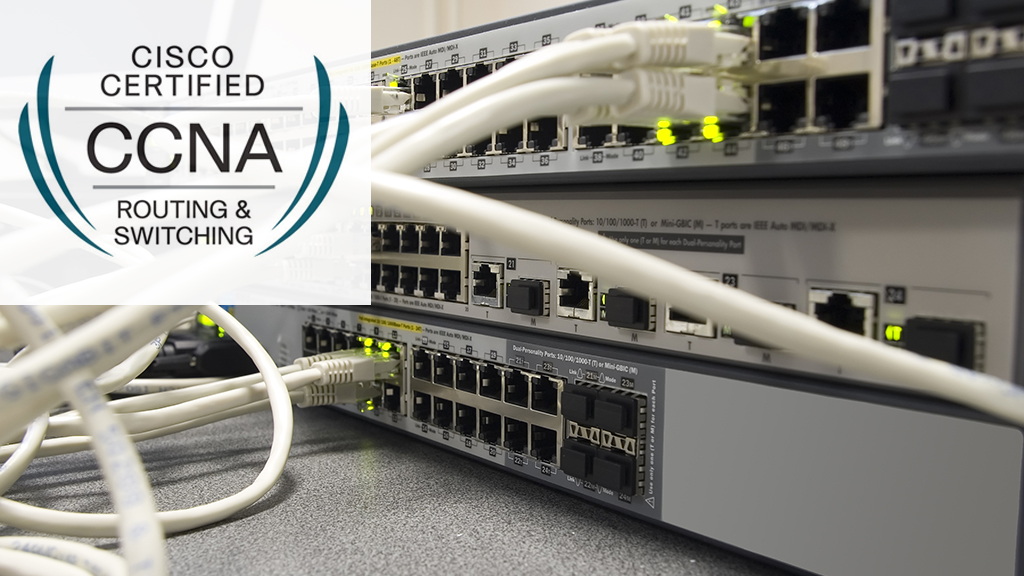Description
As Enterprises migrate toward controller based architectures, the role and skills required of a core Network engineer are evolving and more vital than ever. To prepare for this network transition, the CCNA Routing and Switching certification will not only prepare you with the knowledge of foundational technologies, but ensure you stay relevant with skill sets needed for the adoption of next generation technologies.
The Cisco Certified Network Associate (CCNA) Routing and Switching composite exam (200-125).
The CCNA v3 (R & S) Certification training includes both Interconnecting Cisco Networking Devices, Part 1 (ICND1) and Interconnecting Cisco Networking Devices, Part 2 (ICND2) courses merged into one. Participants in this CCNA course will learn to install, configure, operate, and manage basic IPv4 / IPv6 networks. This CCNA Routing & Switching course also imparts skills to configure a LAN switch and IP router, connect to WAN, and find security threats. This CCNA training will cover in detail topics related to troubleshooting in enterprise networks and prepare candidates for the real world once they complete their CCNA certification.
After CCNA Routing & Switching (R&S) v3.0 course completion, participants will acquire key skills and knowledge to configure, operate, manage and troubleshoot a medium-sized enterprise network, including the ability to ensure security of the network.
Who should do CCNA R&S v3.0 certification?
This CCNA certification training is beneficial for the following professionals:
- Network & System Engineers
- Networking Administrators
- Networking Specialists &
- Network Support Specialists
- Network Consultants
Why you should do this CCNA course?
CCNA R&S v3 (CCNAX) certification training can train you beyond the basic networking skills. This course is just about what you need in this era of digitization, as it can help you get a firm grasp on concepts like:
Network fundamentals, LAN switching technologies, IPv4 and IPv6 routing technologies, WAN technologies, infrastructure services, infrastructure security, and infrastructure management.
Virtualization – Network Virtualization is the creation of a software-driven administrative entity or a virtual network that helps in running services on any platform and in running third-party applications over the network.
Automation – Automation helps IT professionals focus on other important areas of business by reducing the time it takes to do repetitive tasks. Application performance speeds up, resulting in an improved customer experience for application users.
CCNA Routing & Switching V3 Benefits
There are several benefits of this CCNA training. Some of these include:
- After successfully completing the course you can install, operate, and troubleshoot small and medium-sized network routers, switches, carry out routine service and support tasks,
- Get a basic understanding of IPv4 / IPv6 networks.
- Work confidently on WANs, LAN switches and IP routers.
- You will get a firm grasp on the key fundamentals of Networking and TCP/IP after completion of this course.
Prerequisite
Although CCNA Routing & Switching certification exam has no official prerequisites, the Cisco Certified Entry Network Technician (CCENT) certification is recommended and acts as good starting point to prepare for the more advanced CCNA certification. Before taking the course, learners should be familiar with:
- Basic computer literacy
- Basic PC operating system navigation skills
- Basic Internet usage skills
- Basic IP address knowledge
- Good understanding of network fundamentals
Delivery Method:
Instructor-Led Online Training
Duration
3 Months/ 10 Days (Boot Camp)




